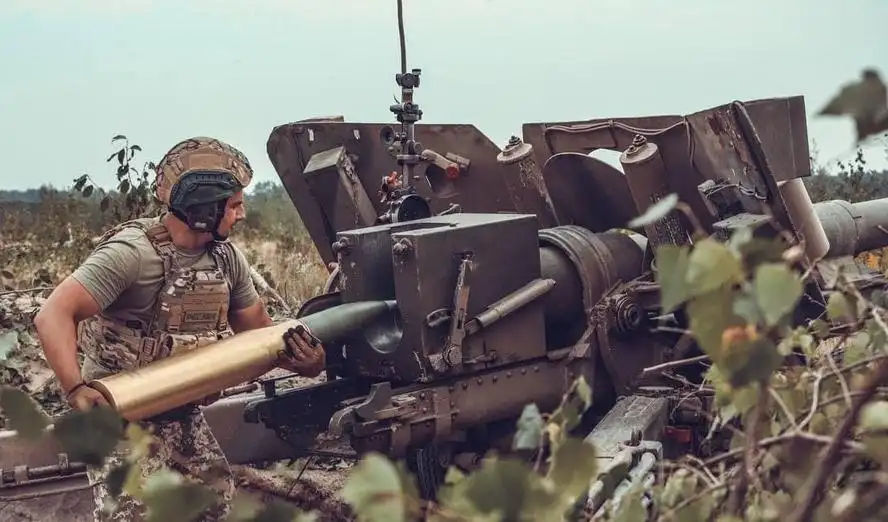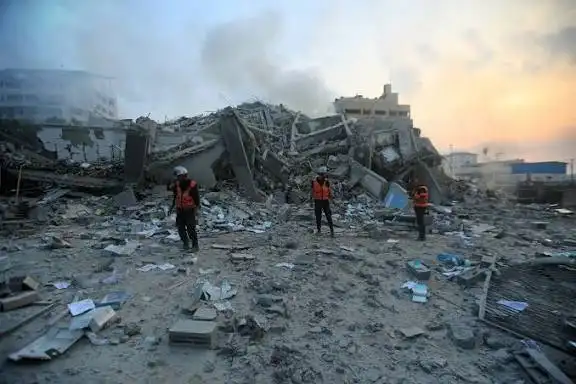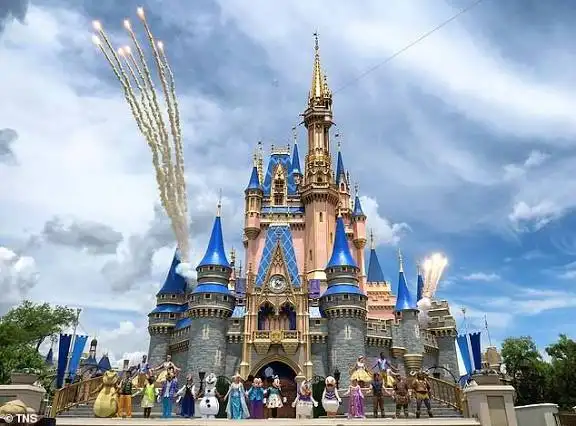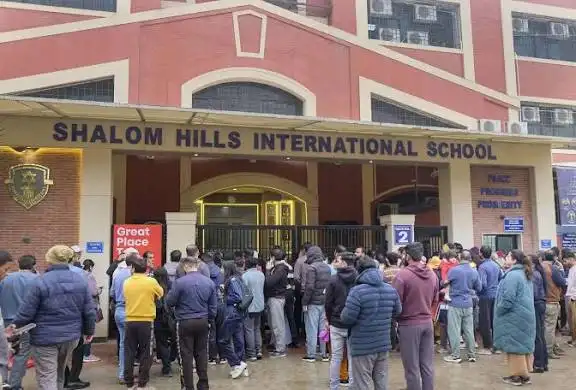Russian forces intensified hostilities with a multi-hour aerial assault on Kyiv, resulting in at least 21 deaths, including four children, and injuring 48 others. The attack targeted various sites across the Ukrainian capital, damaging residential areas, infrastructure, and diplomatic buildings, notably the European Union delegation and the British Council, although no EU staff were harmed. Ukrainian President Volodymyr Zelenskyy condemned the bombings as an assault on Ukraine and Europe, urging for stricter international sanctions against Russia.
The Russian Defense Ministry revealed the use of hypersonic Kinzhal missiles in the strike, aimed specifically at military and industrial targets. These high-speed missiles, known for their difficulty to intercept, added to the effectiveness of the attack. Ukrainian air defenses managed to intercept a significant number of threats, including 563 out of nearly 600 drones and 26 out of 31 missiles, yet the scale of the assault led to strikes at 13 locations, resulting in additional collateral damage from debris.
Responses from international leaders were immediate and condemnatory. European Commission President Ursula von der Leyen and UK Foreign Secretary David Lammy criticized the strikes for allegedly targeting diplomatic missions, prompting an emergency meeting of the UN Security Council to discuss the escalation.
Despite this aggression, the Kremlin expressed interest in continued peace talks with Ukraine, with spokesman Dmitry Peskov claiming that Russia targets military and infrastructure sites, not civilians. However, Ukrainian officials countered that the strikes have disproportionately affected civilians in densely populated areas. This incident underscores the ongoing conflict’s volatility and complicates efforts towards a peaceful resolution.












Leave a comment